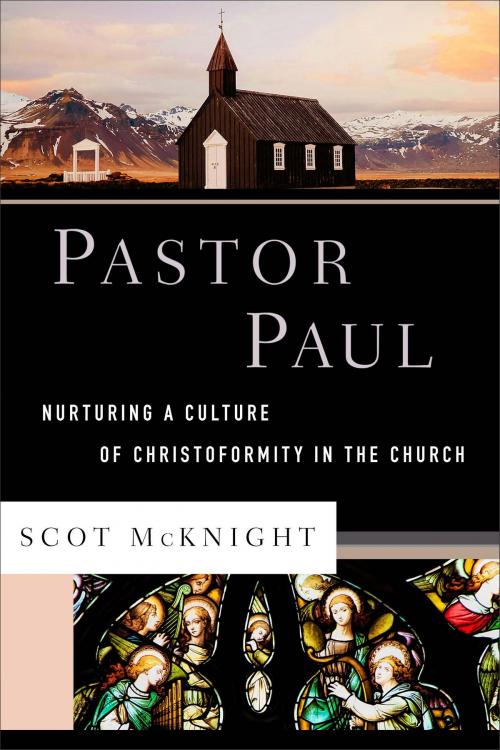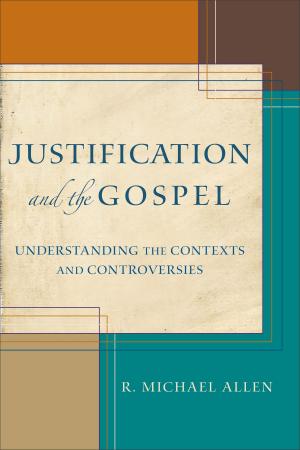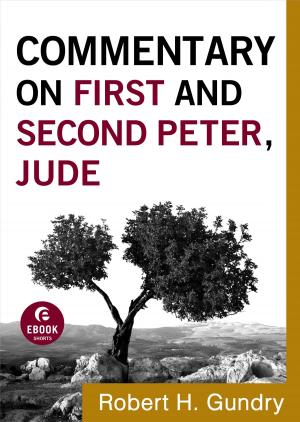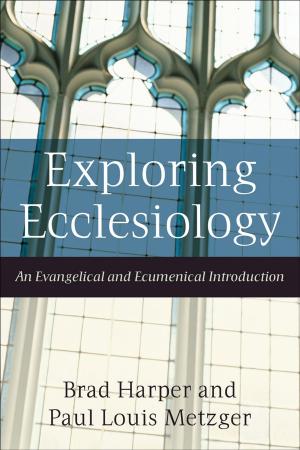Pastor Paul (Theological Explorations for the Church Catholic)
Nurturing a Culture of Christoformity in the Church
Nonfiction, Religion & Spirituality, Christianity, Church, Pastoral Ministry, Bible & Bible Studies| Author: | Scot McKnight | ISBN: | 9781493420025 |
| Publisher: | Baker Publishing Group | Publication: | September 3, 2019 |
| Imprint: | Brazos Press | Language: | English |
| Author: | Scot McKnight |
| ISBN: | 9781493420025 |
| Publisher: | Baker Publishing Group |
| Publication: | September 3, 2019 |
| Imprint: | Brazos Press |
| Language: | English |
Being a pastor is a complicated calling. Pastors are often pulled in multiple directions and must "become all things to all people" (1 Cor. 9:22). What does the New Testament say (or not say) about the pastoral calling? And what can we learn about it from the apostle Paul?
According to popular New Testament scholar Scot McKnight, pastoring must begin first and foremost with spiritual formation, which plays a vital role in the life and ministry of the pastor. As leaders, pastors both create and nurture culture in a church. The biblical vision for that culture is Christoformity, or Christlikeness. Grounding pastoral ministry in the pastoral praxis of the apostle Paul, McKnight shows that nurturing Christoformity was at the heart of the Pauline mission. The pastor's central calling, then, is to mediate Christ in everything. McKnight explores seven dimensions that illustrate this concept--friendship, siblings, generosity, storytelling, witness, subverting the world, and wisdom--as he calls pastors to be conformed to Christ and to nurture a culture of Christoformity in their churches.
Being a pastor is a complicated calling. Pastors are often pulled in multiple directions and must "become all things to all people" (1 Cor. 9:22). What does the New Testament say (or not say) about the pastoral calling? And what can we learn about it from the apostle Paul?
According to popular New Testament scholar Scot McKnight, pastoring must begin first and foremost with spiritual formation, which plays a vital role in the life and ministry of the pastor. As leaders, pastors both create and nurture culture in a church. The biblical vision for that culture is Christoformity, or Christlikeness. Grounding pastoral ministry in the pastoral praxis of the apostle Paul, McKnight shows that nurturing Christoformity was at the heart of the Pauline mission. The pastor's central calling, then, is to mediate Christ in everything. McKnight explores seven dimensions that illustrate this concept--friendship, siblings, generosity, storytelling, witness, subverting the world, and wisdom--as he calls pastors to be conformed to Christ and to nurture a culture of Christoformity in their churches.















